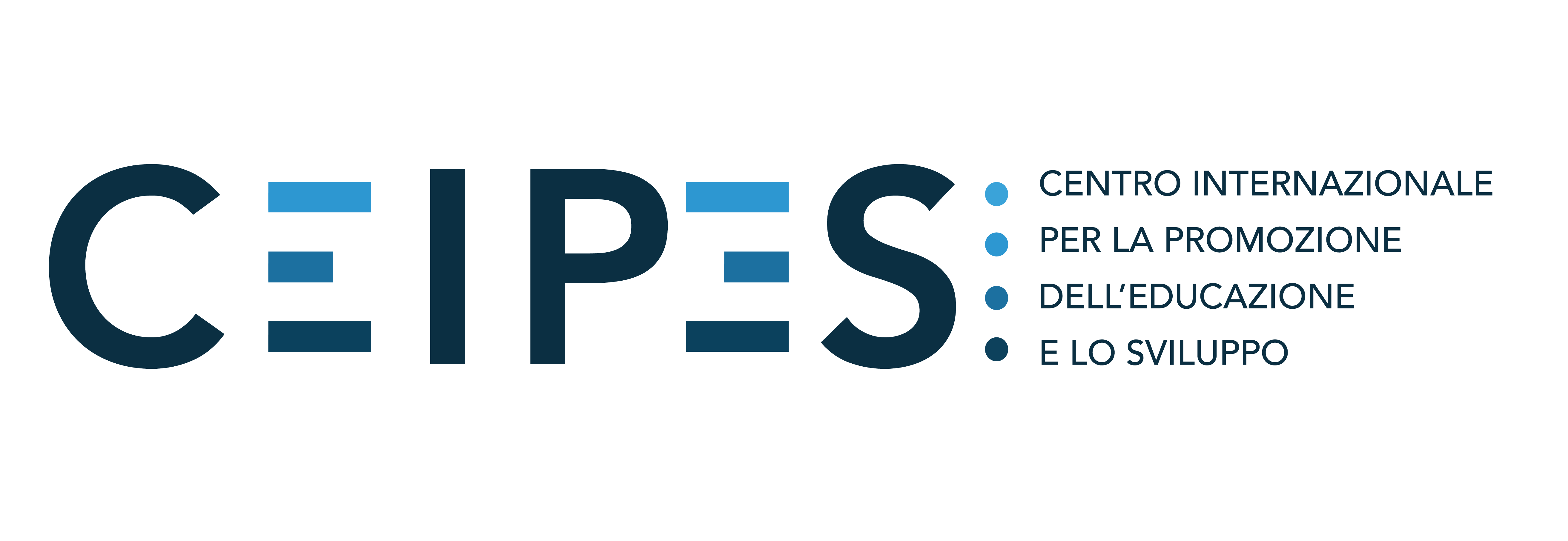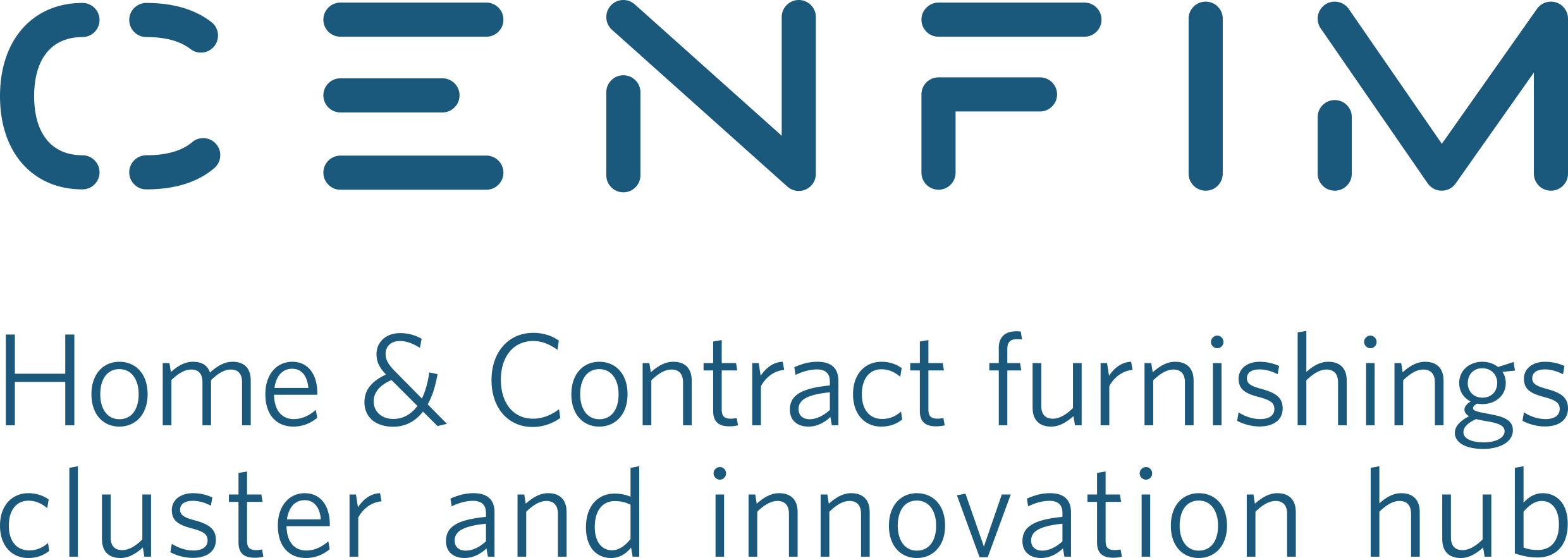Founded in 2009, AMUEBLA is a Group of stakeholders working together to address needs in the furniture and habitat sector, representing the interests of important furniture firms from the Mediterranean area. It is a non-profit association, characterized as a combination of companies, research and training centres, public and private, involved in collaborative exchange processes, aimed at obtaining advantages and benefits derived from the execution of innovative projects. AMUEBLA is considered the furniture industry and related sectors Cluster of Murcia Region. It is registered in the European Cluster Collaboration Platform and has got the Bronze Cluster Certification.
The purpose of AMUEBLA is facilitated innovative practices to improve the competitiveness of partners companies, to defend its general business interests, and promote its projection and international visibility. It is a structured and interrelated industrial sub-sector. That it ensures their competitiveness and visibility in the market. AMUEBLA has more than 80 companies, with 2500 employees.
CEIPES – International Centre for the Promotion of Education and Development is a non-profit organisation founded in 2007 and based in Palermo, Italy. It leads to a Network of more than 8 European and extra European associations focused on Education, Training and Social Development. CEIPES has expertise on Education, Transfer of innovation and Project management in different European programmes tackling the Education and the capacity building of different target groups, from young people to adults, from women to unemployed, migrants and disadvantaged groups. It also promotes lifelong learning, vocational training and entrepreneurship with the aim of enhancing opportunities for youth and adults to improve and acquire competences and therefore boost their employability and inclusion. CEIPES has several links with public and private local and international stakeholders that can contribute to the achievement of project results in terms of dissemination, exploitation and sustainability of them. CEIPES can count on experienced staff composed of professionals with different competences and fields such as psychology, communication, training, international cooperation, social and cultural mediation, social assistance, ICT, digital manufacturing and law.
CENFIM – Home & Contract furnishings cluster and innovation hub has the mission to contribute to improve the competitiveness of furniture producers and companies along all interiors value chain. It was created by wood and furniture sector companies’ associations and public entities as a non-profit organization. It has 140 associated companies from the furnishings sector: furniture, carpentry, flooring, bathrooms, lighting and home textiles. CENFIM contributes to the member companies competitiveness improving their innovation and commercialisation capacities through promoting collaborative projects and providing training.
The innovation activities of CENFIM are focused on 4 areas: Digitization, Circular economy, Product Design and Organization Management.
In order to support member companies commercialization, CENFIM has created the hotel interiors marketplace, InteriHotel, with an annual edition in Barcelona, the showrooms WEcontract in Barcelona and docontract MAD in Madrid and the B2B online platform HiContract.
Centro Tessile Cotoniero e Abbigliamento S.p.A. – in short Centrocot – was established in Busto Arsizio (Italy) on October 1987 by entrepreneurial associations, trade associations, trade unions, public bodies and the credit institutions in order to support the companies that make up the whole chain in the Textile and Clothing sector, by providing highly specialized services, from traditional to technical textiles. With over 100 employees in staff, Centrocot offers highly qualified resources who can perform technical activities as regards testing, research, technical support, experimentation and training. Accredited by the Lombardy Region to provide training services, Centrocot offers courses and seminars on technical and managerial issues for companies and both public and private operators in the Textile, Clothing, and Leather sectors, also through its e-learning tool for on-line and embedded courses.
Centrocot is involved in R&D and innovation projects both at national and European level, investigating new products and processes, new and recycled materials, cross-sectoral applications. The general scope of these research activities is aimed at developing a more sustainable and eco-friendly industry: in the last years many projects were focused on green and circular economy and industrial symbiosis.
The Innovation in Learning Institute (ILI) is a department of the Friedrich-Alexander-Universität Erlangen-Nürnberg (FAU) and continuously working in the field of learning, lifelong learning and technology enhanced learning. Since 1986 ILI has been widely involved in European R&D Projects in the field of innovative learning technologies for supporting learning processes in different settings and for different target groups. The Innovation in Learning Institute is the e-learning centre of the Friedrich Alexander-Universität and runs the FAU e-learning and assessment environment with about 60.000 active users. About 30 people work at ILI in an interdisciplinary team of cognitive and social scientists and technology and multimedia experts. Within a network of European and national partners, ILI carries out relevant projects and offers consultation and its know-how.
The Karlsruhe Institute of Technology – KIT, was established by the merger of the Forschungszentrum Karlsruhe and the University of Karlsruhe. With more than 6.000 researches and 25.000 students KIT combines the tasks of a German university with those of a research center of the Helmholtz Association in the areas of research, teaching, and innovation. KIT assumes responsibility for contributing to the sustainable solution of the challenges that face the society, industry, and the environment. Engineering sciences, natural sciences, the humanities, and social sciences make up the scope of subjects covered by KIT. In high interdisciplinary interaction, scientists of these disciplines study topics extending from the fundamentals to application and from the development of new technologies to the reflection of the relationship between man and technology. KIT’s research covers the complete range from fundamental research to close-to-industry, applied research and from small research partnerships to long-term large-scale research projects.
TECOS Slovenian Tool and Die Development Centre is a modern European orientated design centre that offers design, research and development support to small and large companies in the polymer industry and metal processing industry. Comprehensive support to the plastic, metal and tool making industry is provided through a wide range of top-level services. Their core competence is in the fields of product design, structural analysis, tool making, optical metrology, reverse engineering, 3D printing and specialised trainings for specific polymer processing and tool making skills.
Their range of services and support to SME companies include prototype series and test series of products, development and installation of manufacturing processes for mass production on-site, development of online process control, sensors and actuators development and implementation.






